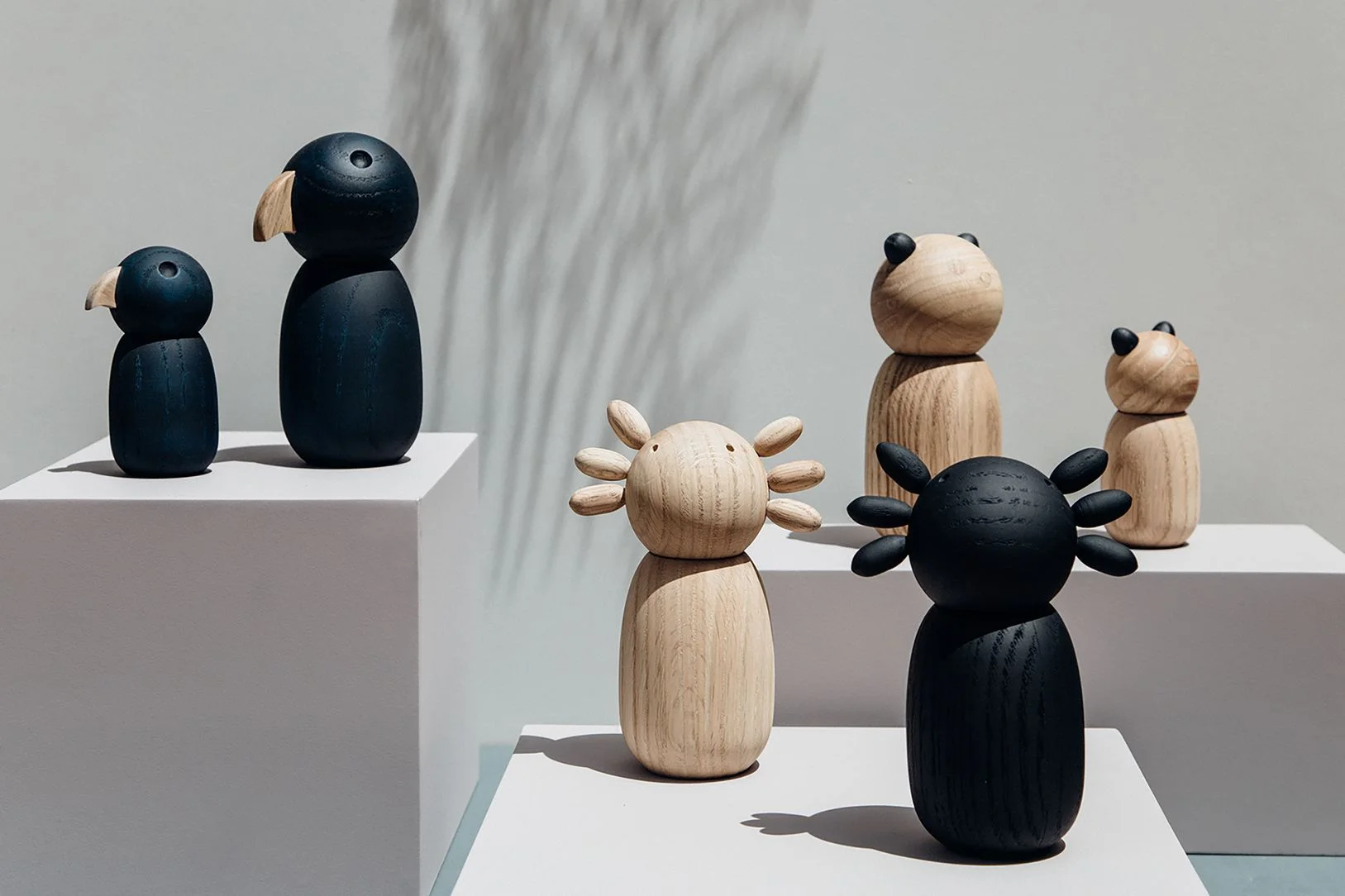Living in a world with transparent design
An example of transparent design: Mexican designer José Bermúdez and Juan Carlos Franco, from the Colombian studio Vrokka, created Fauna, an artisanal collection that seeks to raise awareness about the current risks to biodiversity in Latin America. Photo by Yohan Lopez and José Bermúdez.
Translated from Spanish.
ImasD is a design and strategy studio based in Medellín, Colombia, recognized for its work with brands that adapt to change. Today we continue with the fourth part in our collaboration with the Colombian design studio, which is contributed by Luisa Fernanda Montoya, Research Thinker at imasD. Luisa is passionate about biomimetics and the paths that connect engineering with design, with our environment as the main foundation. grupoimasd.com
“Transparency in design is crucial in the development of civilizations.”
How do we define transparency in design?
If we define transparency by its inherent definition as something that makes others clearly understand the motivations, intentions and objectives of a concept— and if we also add the definition of design as the beginning in the formulation of the aesthetic culture of the peoples— then it could be inferred that transparency in design is crucial in the development of civilizations.
When we start from here and analyze the variability of individuals, species, biogeographic zones and the occurrence of random events, it inevitably translates into infinite interpretations of nature, of things and their possibilities in any given design.
Another example of transparent design: L. is a brand dedicated to serving women all over the world, since they deserve better. L. sparks awareness for social and environmental accountability in personal care.
In a culture that gives way to the superficial and disposable, it is essential to understand the importance of the timelessness of transparency in design. This can be recognized from an ancestral concept, Wabi Sabi, which recognizes the beauty in the imperfect, emphasizing that we are not separate from our surroundings.
There are of course some gray areas for designers, specifically within the framework of the fourth industrial revolution, in which an excess of positivity and can-do attitudes have taken over public opinion, resulting in an effect that is both irresponsible with the environment and the possibilities of what is really achievable for each person.
Companies such as ImasD have managed to promote design as a trade in its own right, and not an accessory for engineers, artists and architects, managing to create a language with all their users— which includes everyone from the end user to the entrepreneur who needs to communicate effectively with his/her target market. It is this universe of users that is increasingly able to obtain information, managing to push the design industry into a permanent cycle of growth and evolution.
So the ultimate question is, how can we as fundamental actors of the future incorporate transparency as an essential component of design?
Another example of transparent design: Veja, a Brazilian brand that makes vegan shoes made with organic materials, raising awareness about deforestation and human trafficking.











